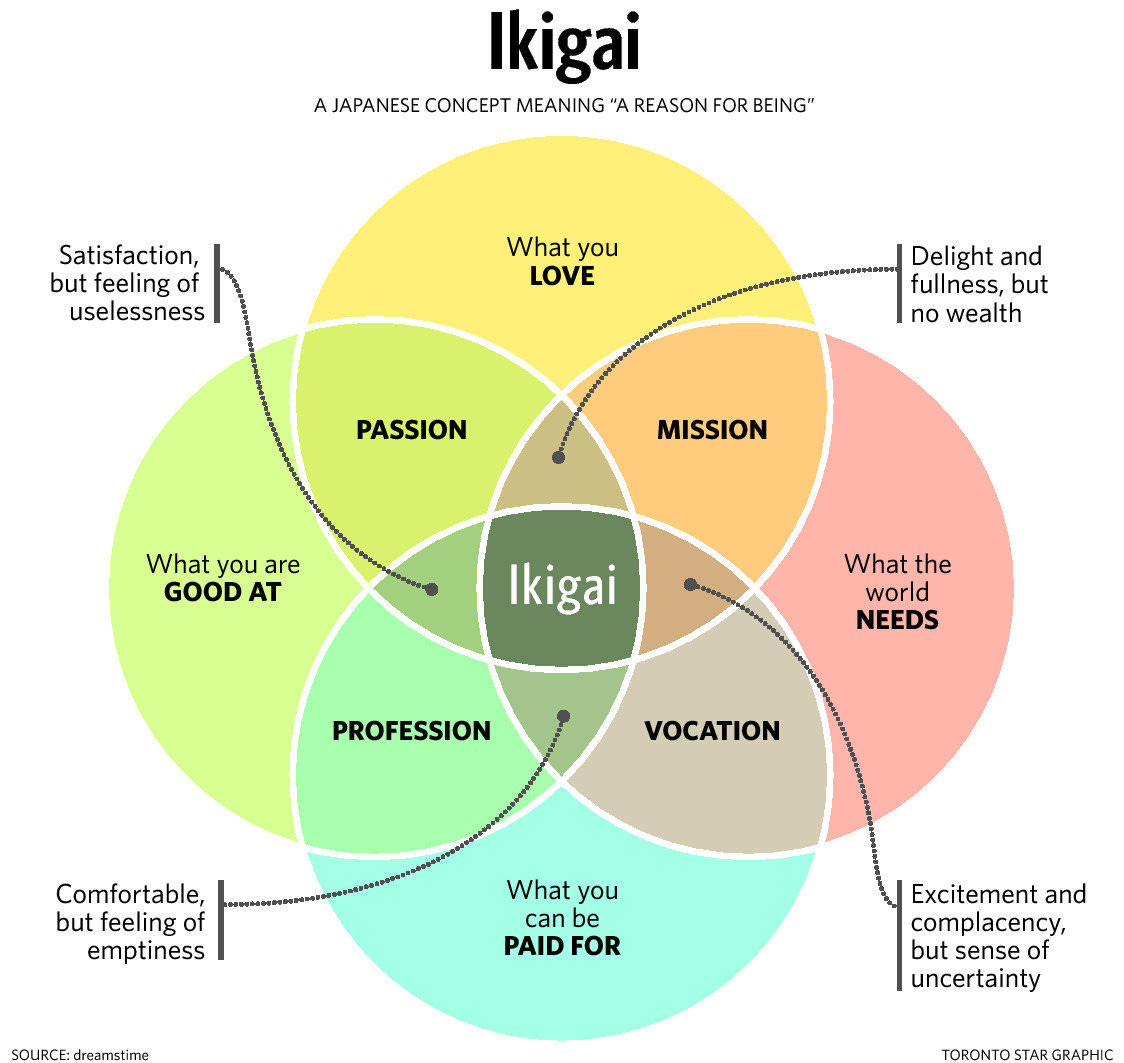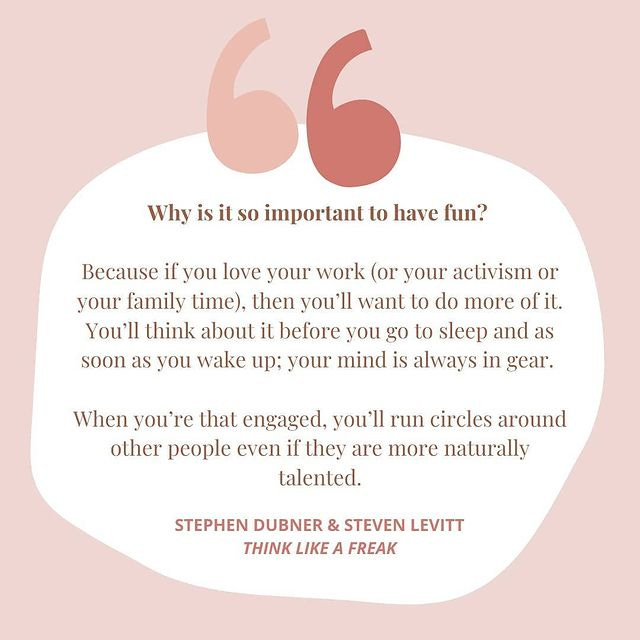The Big Change™️ & Better Work-Life Balance
I used to fully believe in the mantra that if you “find a job you love, you’ll never work a day in your life.” When I was officially hired as a professor, I convinced myself it was okay to work every day of the week, and all hours of the night, because I was doing something I loved. I convinced myself this was normal. I was wrong. I look back at those moments and wonder about some of the wasted opportunities. While it may all be a sunk cost now, realizing I missed those opportunities motivated me to make a big change before the Fall semester. Maybe this is the newsletter that will convince you to change a little as well.
Let me be very clear and upfront about one thing: I absolutely love my job and I love interacting with engaged students who are also passionate about learning. I’m confident that people who know me know this to be true. I love sharing content about a field I still find fascinating every day. I subscribe to a dozen different newsletters and digests because I absolutely love learning new things. I do not believe there is a better job out there for me.

I was wrong to believe that working a job you love wouldn’t turn out to be a bunch of work. During my first couple of years, I was working until 11 PM because I wanted to make sure I went to bed with no email unanswered from a student. I thought it was my solemn duty to make sure every question was answered as quickly as I could on the day that they asked me the question. I would go into the office at 7 AM and home around 7 PM. I had no meaningful personal life and I made no significant friendships because I was obsessed with doing my job to the absolute best of my ability.
After a couple of years, I started to realize that behavior was unhealthy. In those first couple of years, I had gained about 40 pounds because my diet consisted mostly of stress and Taco Bell. I got better at not responding to emails late at night, but I was still incessantly checking them before bed. I worked late into most evenings and I was going into the office on weekends to “catch up” on work. I still believed what work really wasn’t work if you loved what you were doing. Here’s proof from just a few years ago:
I was getting better about creating a work-life balance. If I traveled for vacations or holidays, I was usually good about not working at the same time, but during the semester I was working on campus 55-60 hours per week most weeks. I was also working at home and not counting it in my total. I rationalized this behavior by comparing it to people with “normal jobs” who spread their work over the whole year, while I was doing the bulk of my work in 9 months. I convinced myself I was doing the same amount of work in a year but was required to fit it into fewer months. I conveniently ignored the fact that I still worked over the summer and during some of those breaks.
Then the pandemic happened. I’m not sure exactly how, but moving my job to my house opened up even more time that I could work. I convinced myself (again) this was to be expected of me and that this temporary increase in work would open up more free time for later. If you haven’t caught the pattern here, I regularly make excuses for the amount of time I spend working. I am really proud of my past work and how well my remote classes turned out, but I sacrificed a lot of my personal life and health at a time when I really should have been focused on prioritizing myself.
We can debate whether my behavior was rational in hindsight, but I believed my time allocation was accurate at the moment. No one forced me to work the hours I was working, so I likely believe that the amount of work I was doing was in my own best interest. It’s really weird to intimately understand basic economic concepts, be paid to teach students about those concepts, and then ignore these concepts in your personal life.
Consumption smoothing is a fascinating concept that argues we can optimize our standard of living by balancing spending and saving. A lot of us (try to) do this with our finances: we save when we have extra income and borrow when we don’t. Financially I understand this principle, but I don’t apply it to my other resources, like my time. I always told myself that I was working more now (saving my free time) so that I would have more free time later. The problem? I never actually opened the opportunity for my free time later. I told myself I was “just getting ahead” on work, but it seemed like I never really benefited from all that extra work. After making The Big Change ™️ I’ve found that I actually am spending more time each day doing things that I enjoy and less time worrying about if I’ve finished everything I needed to do.
The second concept I continually ignored was that of diminishing returns. Part of the reason I probably never really caught us was likely because I was never as productive as I thought I was. Diminishing returns exist when additional output (or consumption) isn’t as productive (satisfying) as the previous levels. Simply put, you’re really productive in the beginning, and as the day goes on, you’re not as productive as the hour before. You get tired, you make mistakes, you forget things, and you need a break. I was spending lots of hours doing work, but I never seemed to get ahead. I likely was physically in work mode, but not much was happening.
And then The Big Change™️ happened…
In August I made a big promise to myself to make sure that I was taking care of myself. The first thing I did was delete the Outlook app from my phone. The university started requiring two-factor authentication on the web browser version of Outlook, so that helped as well. I also made a vow not to work on the weekends or after 5:30 PM. If I needed to because of a colleague’s schedule then I came in late the next morning:
You may be thinking, “but what if there’s an emergency?” I cannot think of any real emergency that could occur after 5 PM that could be solved with an email. My students’ & colleagues’ definitions of emergencies are very different from my definition of an emergency. If my friends and family have emergencies, they aren’t emailing me about it. Whatever happens after 5 PM Monday through Thursday can wait to be looked at the next morning. If it happens after 5 PM on a Friday then it can wait until Monday morning.
I also changed my expectations for my students as well. I had Sunday due dates for a certain quiz I give out and that quiz was only available between noon and midnight on Sundays. If I didn’t think it was healthy to work on Sundays, it didn’t seem right to make my students do it. I changed the due date to 10 AM on Monday so they could have their weekends back. There are some assignments due on Sunday night, but all of them can be completed during the week if the student wants to have their weekends free. I was nervous about it at first, but we’re 6 weeks into the term and it’s been fine. There are some students who don’t like it and are upset that I’m unavailable. As calmly as I can, I explain that I am available between 8 and 5 every day of the week. I’m not a 24-hour resource and it’s unfair to treat anyone like they are. After a few weeks, students adapted.
So how’s it going since I made The Big Change™️?
I’m happy. I’ve always been a fairly anxious person, but my anxiety levels have become much more manageable. I still get nervous and worried that something has gone wrong, but now I tell myself that it can wait. The benefits have spilled over into my classroom as well. I feel like I’m teaching better than I have in the past and I feel a lot more productive at work. I’m still producing just as much as I did in the past, but now I have free time to do other things I want to do. You may not be ready to make The Big Change™️ yet, but hopefully, this will motivate you to start somewhere.
In 2019, full-time workers spent an average of 8.5 hours per day working during the week AND 5.53 hours per day working on weekends [Bureau of Labor Statistics]
Based on data from 2018, 768 million vacation days went unused in the United States. [US Travel Assocation]
The average life expectancy at birth in the United States is 79 years, the same as Cuba [World Bank]
The average “interaction worker” spends an estimated 28% of the workweek managing e-mail [McKinsey & Company]
Week #39 is finished and I’ve checked in a total of 58 books for the year. I finished up a book by my friend Brian O’Roark that looks at how superheroes and comic book storylines can be used to teach/learn economics. It’s a little out of order from a traditional economics course, but each chapter was self-contained enough that it could be used in an economics course. I don’t really watch superhero movies, but I understood nearly all of the references in the book.
The other book I finished was historical fiction from the Civil War era. The Sweetness of Water has two storylines about unlikely friendship after the Emancipation Proclamation. I picked it up at Target because it had a good rating on Goodreads. I like historical fiction, but I haven’t read much from this time period. It was slow in the beginning, but the storyline picked up in the second half.






